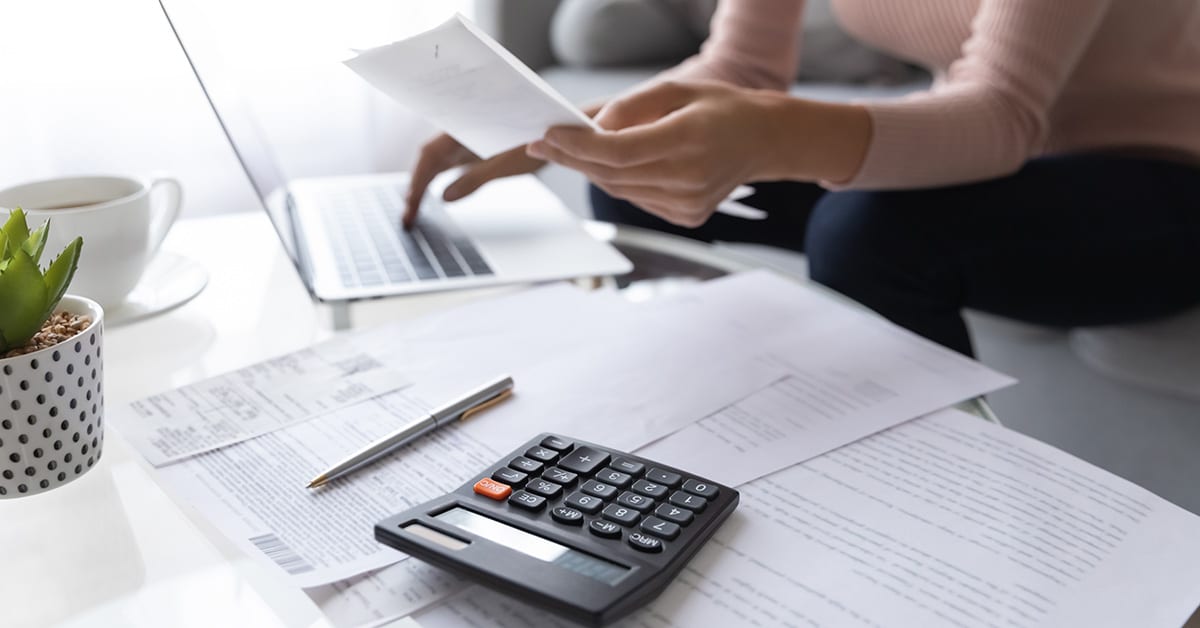

Independent contractors and freelance business owners in the US and across the globe must issue tax invoices from time to time. If you’ve never prepared one before, this can be a daunting task. The good news? Navigating tax invoices doesn’t have to be complicated or time-consuming.
In this article, we’ll explore what tax invoices are, what their purpose is, the main features of a tax invoice, and what they’re used for.
Please keep in mind that this article is informational only and not tax advice. You should seek guidance from a tax professional before taking any action.
A tax invoice is an invoice (a document issued by the seller and given to the buyer to collect payment) that shows the amount of tax payable. It includes all taxes that apply to the product or service sold, such as sales tax, harmonized sales tax (HST), goods and services tax (GST), and value-added tax (VAT).
If you are tax-registered, you must provide a tax invoice any time you make a taxable sale. Also, your tax-registered customers need an invoice to claim their own tax credits.
Now that you know what a tax invoice is, let’s take a look at why you might need one.
Tax invoices have a few purposes, including:
While every company, business, and freelancer has their own approach to invoicing, there are a few requirements you’ll have to follow. If a tax invoice does not meet these stipulations, it may not be considered valid.
Here’s a breakdown of the features you’ll see on a tax invoice:
Along with the above features, valid tax invoices must be issued at the right time. If a service is sold, the seller should provide an invoice within 30 days of the service taking place. If a product is sold, the seller should provide an invoice at the time of delivery or the time of payment.
RELATED RESOURCES: Pricing for Profit
Tax invoices are used to ensure businesses do the right thing and pay their fair share of taxes.
In most countries, the government requires businesses to keep an accurate record of all sales and transactions—including the amount of tax charged each time—via tax invoices. These invoices are then presented to tax authorities for assessment at the end of each financial year.
This process helps authorities identify businesses practicing tax evasion or tax fraud, a significant issue in the US—tax cheats cost the nation $1 trillion each year.
Most businesses are subject to tax laws, regardless of the country they operate in or how they’re structured. While most salaried employees don’t need to think about tax invoices, independent contractors and freelance business owners do.
To ensure you are doing the right thing by your tax authority, seek guidance from a qualified expert. This article is not tax advice—it is for informational purposes only. Before you take action, consult your tax professional.